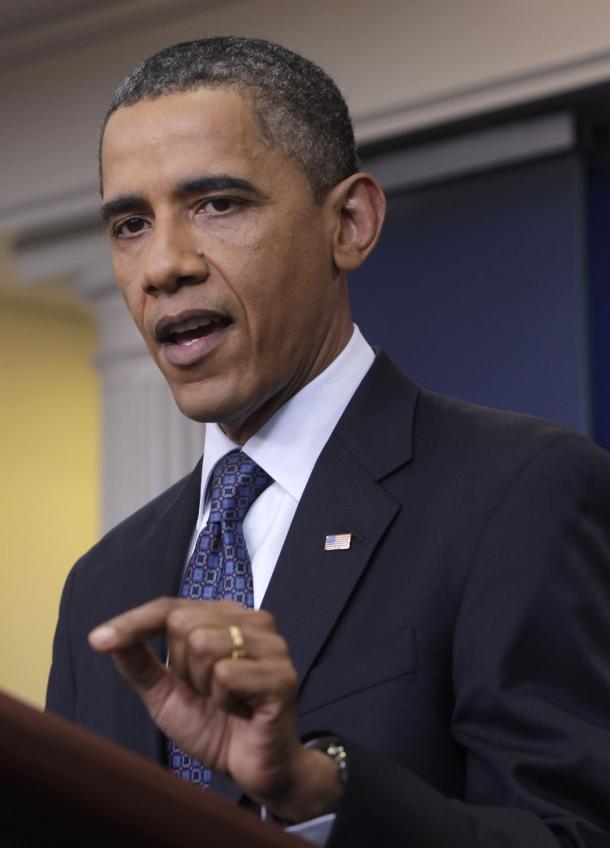 Sounds as if Vermont Senator Bernie Sanders and Connecticut Senator Richard Blumenthal missed Energy Economics 101 in school. But that doesn’t stop them from publicizing their utter ignorance (H/T Byron Hood) of basic energy economics:
Sounds as if Vermont Senator Bernie Sanders and Connecticut Senator Richard Blumenthal missed Energy Economics 101 in school. But that doesn’t stop them from publicizing their utter ignorance (H/T Byron Hood) of basic energy economics:
Sen. Bernie Sanders, I-Vt. introduced legislation today that would require the Commodity Futures Trading Commission to impose strict regulations on oil speculators, who some blame for rising gasoline prices.
Sanders said if the agency failed to meet the two-week deadline outlined in his legislation, he would call for the resignation of commission chair Gary Gensler.
The legislation, if passed, would cap the amount of oil that speculators are allowed to buy and sell annually to 20 million barrels, increase the amount of money investors would have to back bets with from 6 to 12 percent and redefine investment banks as speculators rather than hedgers – investors who use the product they are buying for business.
The bill would limit speculators’ influence over the energy futures market. [. . .]
“There is mounting evidence that the increased price of gasoline has nothing to do with supply and demand and everything to do with Wall Street speculators jacking up oil and gas prices in the energy futures market,” Sanders said. [. . .]
Sen. Richard Blumenthal, D-Conn., a co-sponsor of the bill, said: “These price increases have been absolutely crushing. We need to attack these increasing prices that are the result of gaming and gambling. The CFTC should have acted five months ago.” [. . .]
The instinct of most politicians and much of the mainstream media is to embrace simple “villain and victim” morality plays when attempting to explain price increases in markets or investment loss.
The more nuanced story about the financial decisions that underlie the market fluctuations doesn’t garner enough votes or sell enough newspapers to generate much interest from the politicians or muckrakers.
That’s why we are again enduring demagoguery regarding speculators. Thus, it’s important that citizens who are not familiar with the function of speculation in markets take a moment to learn about its beneficial nature.
For example, check out Mark Perry’s excellent primer on futures trading here, here and here.
Or read University of Houston finance professor Craig Pirrong’s fine overview of how speculation in oil and gas markets actually helps all of us in dealing with rising energy prices.
Or peruse this Matthew Lynn/Bloomberg piece on how bubbles in oil markets are a reason to celebrate.
In Texas, one has to look no farther than Southwest Airlines’ success to understand the beneficial nature of speculation. Over most of the past decade, Southwest has taken advantage of futures markets to hedge its fuel costs (previous posts on Southwest’s hedging program are here). That hedging program has been one of the major factors in allowing Southwest to become the most (and one of the only) profitable U.S. airlines.
So, what Sanders and Blumenthal are really trying to do is restrict the very markets that provided Southwest and many other businesses with the platform on which they hedged fuel-cost and other business risk. The wealth and lower prices that is generated from those hedges is not inconsequential.
Stay informed fellow citizens. Demagogues such as Sanders and Blumenthal can inflict real damage on all of us.
Like this:
Like Loading...






